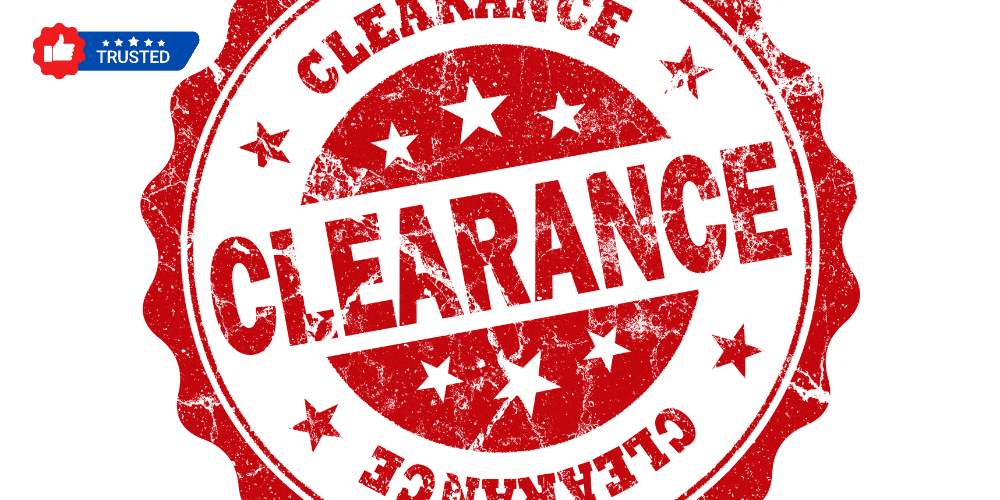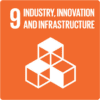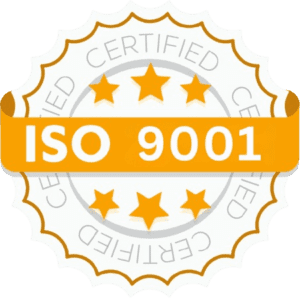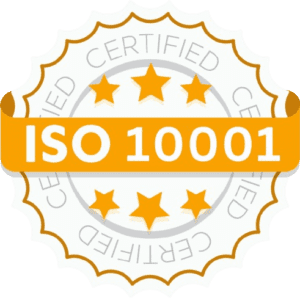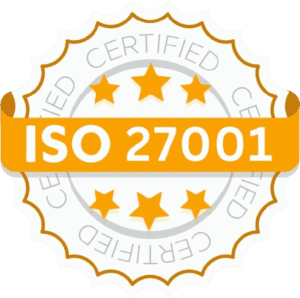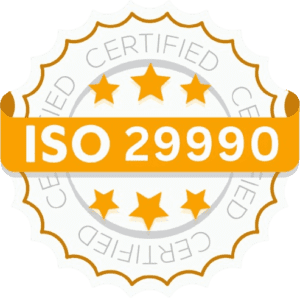Environmental Clearances
Description
Environmental Clearances: Navigating Compliance for Sustainable Business
Environmental clearances are critical for businesses aiming to establish or expand their operations. These clearances ensure that industrial activities comply with environmental regulations, safeguarding our planet for future generations. In India, obtaining these approvals involves a systematic process. Let’s explore how your business can benefit from environmental clearances.
Why Environmental Clearances Matter
- Legal Compliance: Meeting regulatory requirements is essential to avoid penalties and legal hassles. Environmental clearances demonstrate your commitment to responsible business practices.
- Risk Mitigation: Clearances assess potential environmental impacts, allowing you to address risks proactively. By identifying and mitigating adverse effects, you protect your business reputation.
- Sustainable Growth: Businesses that prioritize environmental stewardship attract investors, customers, and partners who value sustainability.
The Procedure: How We Can Assist
1. Screening and Scoping
Project Identification: We help identify whether your project falls under the purview of environmental clearance. Certain categories require mandatory clearance.
Scoping: Understanding the project’s scope ensures comprehensive assessment. Our experts guide you through scoping studies.
2. Environmental Impact Assessment (EIA)
EIA Report Preparation: We assist in preparing a detailed EIA report. This report evaluates potential impacts on air, water, soil, and biodiversity.
Assessment by State Pollution Control Boards (SPCB): SPCBs review the EIA report. Our liaison ensures a smooth process.
3. Public Hearing
Stakeholder Engagement: Public hearings involve local communities, NGOs, and experts. We facilitate transparent discussions.
4. Application Submission to MoEF
Ministry of Environment, Forest, and Climate Change (MoEF): We guide you through the application submission process.
5. Environmental Appraisal
Expert Committee Review: The Expert Appraisal Committee (EAC) evaluates the project’s environmental aspects. Our team ensures compliance with guidelines.
6. Clearance Issuance or Rejection
Final Decision: Based on appraisal, MoEF issues clearance or rejection letters. Our support continues throughout this stage.
Requirements for Environmental Clearances.
- Project Details: Provide comprehensive project information, including location, scale, and processes involved.
- EIA Report: A well-prepared EIA report is crucial. It includes baseline data, impact assessment, and mitigation measures.
- Public Consultation: Engage with local communities during public hearings.
Note:- Initial Consulting Fee + Addon Fee Based on Review

